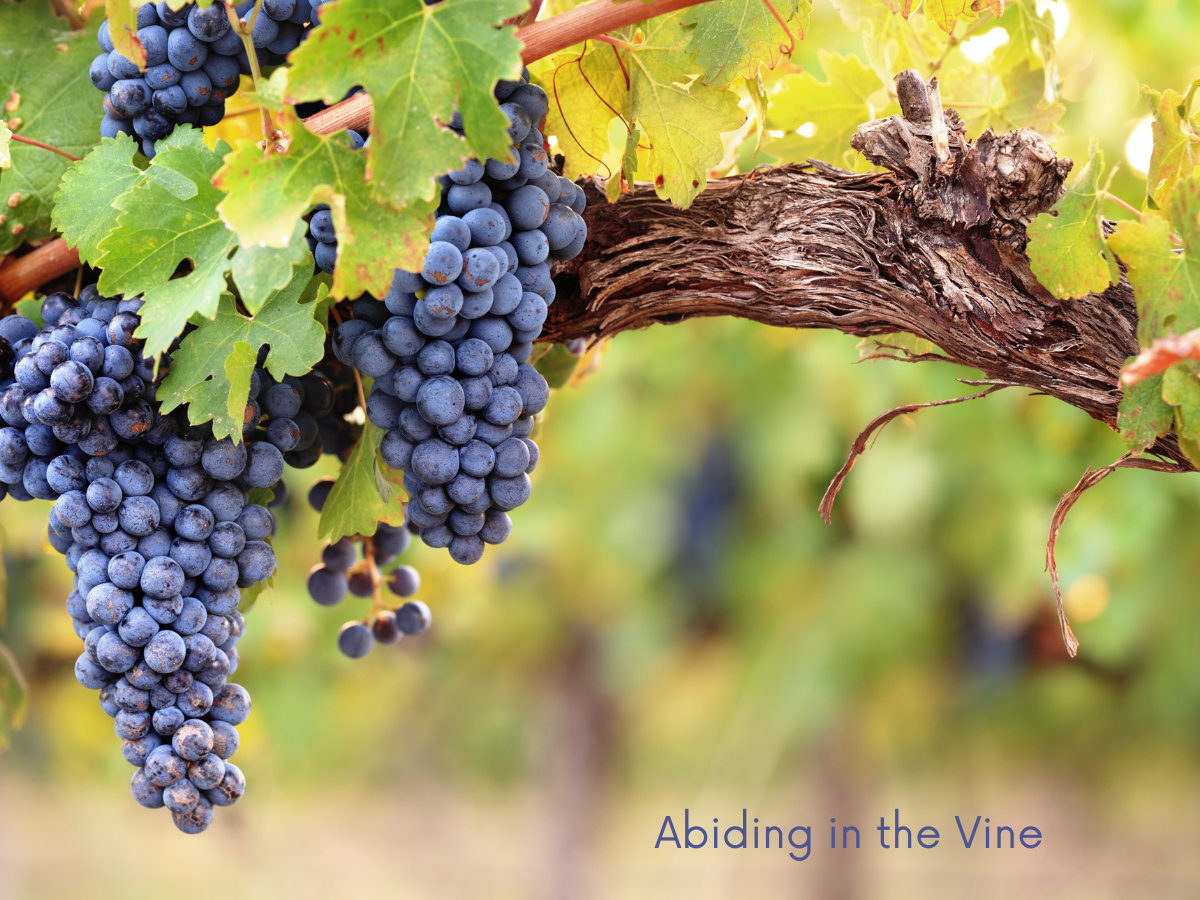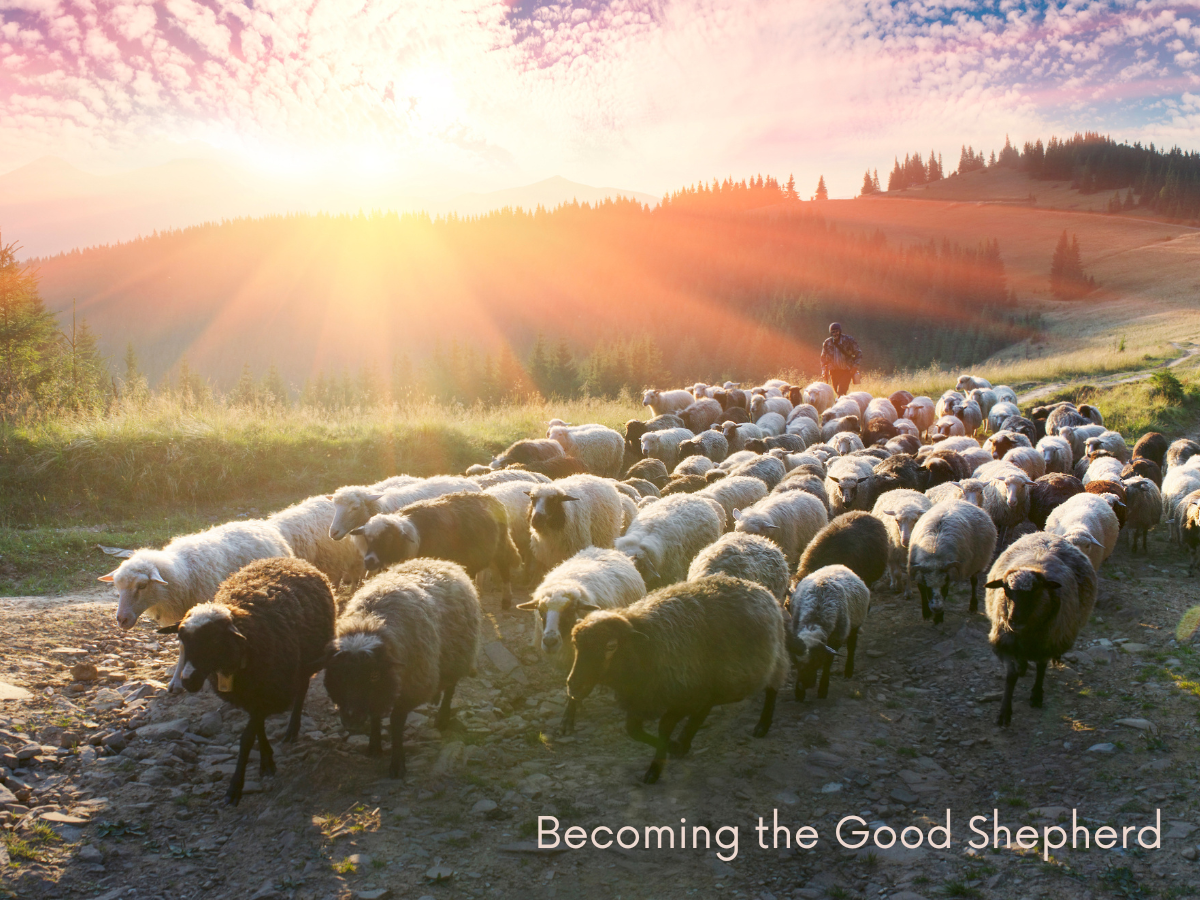Sunday, May 5, 2024 - John 15:9-17 Also Acts 10:44-48, Psalm 98, 1 John 5:1-6 It’s not fun to feel…
Seeking, Finding, Calling, Responding
Sunday, January 14, 2024 – John 1:43-51, also 1 Samuel 3:1-10, Psalm 139:1-6, 3-18, 1 Corinthians 6:12-20
We May Not Know God
Last week, I talked about water and how much I loved being near the water. Which is kind of ironic, since I couldn’t swim without an inflatable tube until I was about 9 years old. As an aside, I couldn’t ride a bicycle without training wheels until I was nine either. Needless to say, I was not a very adventurous child.
I do remember playing fun games in swimming pools with my friends. Like “Marco Polo.” Do you remember that? Someone would be “it” and they’d have to close their eyes. Then they’d call out “Marco!” and the other kids who they were supposed to find would respond with “Polo!” This would go on for a very long time, it seemed to me. “Marco!” “Polo!” “Marco!” “Polo!” I’m sure it made adults who were trying to find a little bit of peace and quiet by the pool kind of crazy.
These themes of seeking and finding and calling and responding are woven throughout our readings for today. And it’s those same energies that result in amazing breakthroughs, in times when the old gives way to the new.
In the reading from 1 Samuel, we have a young boy, Samuel, who doesn’t know God and an old priest, Eli, whose deceitful sons’ actions and consequences are now being exposed through Samuel’s vision of God. Just like many of the powerful in Jesus’ time, Eli had lost sight of what was most important. Samuel hears a voice in the night – one he doesn’t recognize – and it isn’t until the third hearing that Eli realizes who is the One speaking. To his credit, Eli calls for Samuel’s honesty and Samuel responds truthfully. This event marks the end of Eli’s work and the beginning of Samuel’s ministry. Here we are shown that it’s not just the learned and priestly who are called by God. Even a humble child may be sought out and called by God to do God’s work in the world.
But God Knows Us
Samuel didn’t have to go looking for God. God came to Samuel, and this is exactly what the psalmist tells us as well. God is the one who comes calling for us! “You have searched me out; O Lord, you have known me.” I think Psalm 139 is one of the most beautiful psalms we have because it shows us how deeply God knows and loves us and how intimate a relationship we have with God. It’s just like St. Catherine of Genoa who ran through the streets of her town in Italy in the middle ages saying, “My deepest me is God!” God dwells in our deepest center.
Most of our founding fathers were deists – which basically means that they believed in a clockmaker God. They and many others like them believed that God made the world and then set it on its course like a running clock, but then stepped back from the operations and now only watches from a distance. But this is not what our scripture teaches. Our texts reveal a highly relational God who enters into the world and knows us intimately from the inside out.
We worship a God who knows our deepest hearts, who encompasses our whole selves, and who knit us together as relational beings in marvelously made bodies. And it’s through these marvelously made, sensory bodies in an embodied world that we can even come to know God at all. How else would we do it if not through our whole selves? But often, humans have gone looking for God through rituals and practices that will never really connect us to God. To paraphrase an old country song, they’re “looking for God in all the wrong places.”
Some people in the Corinthian community seem to have been seeking God through outward sexual connection with temple prostitutes, but Paul reminds them and us that our bodies are temples of the Holy Spirit. We meet God within. Therefore, we must treat our own bodies – and the bodies of other people – as sacred. As Bruce Epperly writes, “Created in the divine image, awesomely and wonderfully made, our calling is to live fully and holy. To respect our bodies and the bodies of others.”
Some of us, like Samuel, may not know God. But God knows us. God enters into our very lives and calls to us from within. So often we want to limit God, as if God dwells only in holy tabernacles, or sacred temples, or gothic cathedrals. But though these outer places can often remind us of God and lift our spirits in such a way that we are moved to praise, God is already here, within us and within the world.
Come and See
In fact, Jesus invites us to “Come and See” for ourselves that this is true. Our themes of seeking, finding, calling, and responding are beautifully expressed in this gospel text. As is the idea of the old giving way to the new.
Earlier in this gospel, we see John the Baptist call Jesus the “lamb of God” while standing with Andrew. Just hearing that was enough to make Andrew immediately respond by following Jesus and asking, “where are you staying?” In other words, he wants to know where he has to go to find Jesus and engage with him. Jesus says, “Come and see for yourself.” And then it becomes kind of like a game of tag. Jesus calls Andrew, and then Andrew tells Simon (Peter) who also joins up with Jesus. Jesus goes to Bethany, where he calls Philip because Andrew and Simon Peter knew him.
Philip hears Jesus’ voice and immediately follows him. Then Philip calls Nathaniel. But Nathaniel isn’t sure he wants to respond because he’s hasn’t been too impressed with anything that comes out of Nazareth. Jesus applauds his skepticism as honesty and reveals how well he “knows” Nathaniel because he already saw him under the fig tree. This to me is just like our Psalm and how God knows our sitting down and our rising up. Hearing Jesus’ voice in this revealing way opens Nathaniel’s eyes, and he immediately proclaims Jesus to be a rabbi, or teacher, and the Son of God.
Jesus basically responds, “You think that was good? You ain’t seen nothin’ yet!” And then Jesus talks about seeing the heavens opened and angels ascending and descending upon the Son of Man. What does he mean by this? First, remember how in Jesus’ baptism last week the heavens were also opened? This is a metaphor for God breaking through our usual way of seeing things, breaking through our defenses, and coming to us directly. It connects us immediately to Jesus’ own visionary experience. He’s telling Nathaniel that if he sticks with him, he, too, will encounter God.
But then Jesus also references “angels ascending and descending,” which is likely a reference to the story of Jacob’s ladder, when Jacob dreamed of angels ascending and descending to earth via a ladder. Jacob encountered God in a dream in the place where he was sleeping. Just like in Samuel’s dream and vision, the Lord stands near him, a close encounter. He tells Jacob, “I am with you” and when Jacob awakens, he says “Surely the Lord is in this place.” He marks the spot and renames it. Jacob’s vision led him to believe that God could be found in that particular holy place.
But in our Gospel reading, John is telling us that Jesus, the Christ, the Word of God made flesh among us, is where we encounter God; he is the link between heaven and earth. By using this symbol of Jacob’s vision of angels, I think Jesus is saying that encounters with the living God are no longer limited to one earthly place, but that if we live the Way of Jesus, we will encounter God directly through him.
Our texts are full of themes of seeking, finding, calling, and responding. We seek God, but we don’t have to go seeking for God. God is already here and already calling us. God is calling us – through Jesus – to “Come and see” to find out for ourselves that when we follow Jesus, and have the faith of Jesus, the lame will walk, and the blind will see. Each call in our readings for today opens someone’s eyes. And each person’s willingness to follow and to respond to that call then leads them to see the truth for themselves and experience God’s breakthrough in their own lives.
If we follow Jesus, if we listen for God’s call and respond with our whole hearts, our whole bodies, our whole selves, we won’t be swimming blindly around a pool yelling “Marco!” “Polo!” We will be led right into the very depths of the living waters of God.





This Post Has 0 Comments